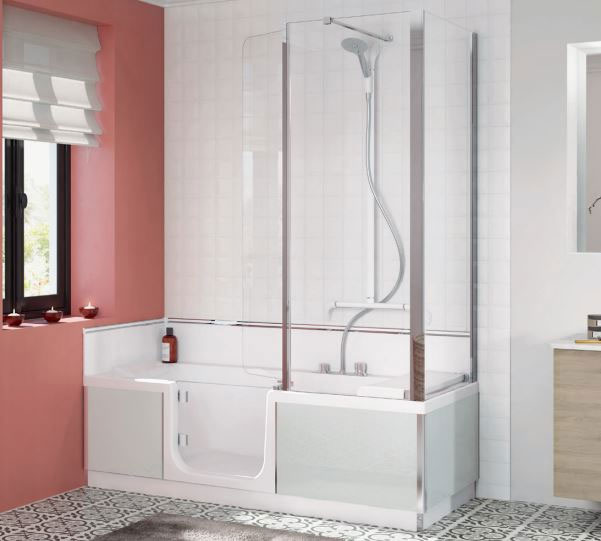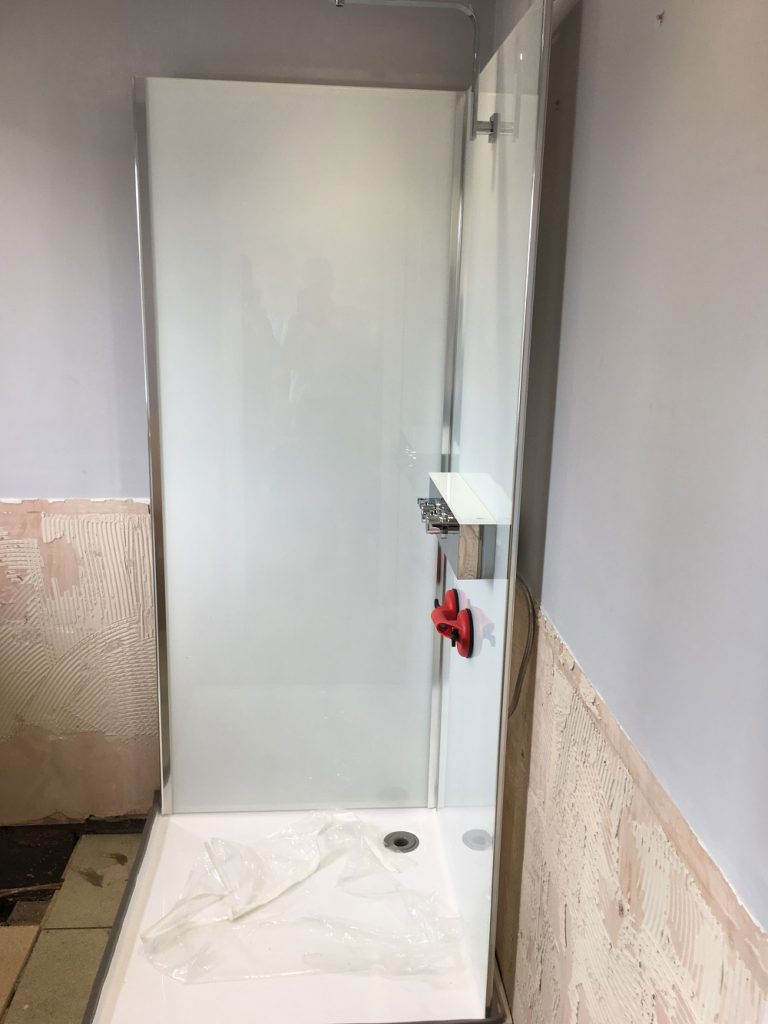Are You Affected by this Revision?
The BSI definition of "wet area" includes bathrooms, wet rooms, shower spaces, steam rooms, and any other location subject to regular water contact.
When they talk about "substrates", they're referring to plaster, plasterboard, and other moisture-sensitive backer boards. While these areas are invariably tiled, tiles alone aren't enough to stop the penetration of water. It doesn't help that adhesives and grouts are porous - they allow moisture to pass through.
Over time, the grout joints and adhesive bed surfaces can absorb so much water that the underlying substrate can get damaged. This can lead to damp and mould issues. They're unsightly, costly to fix, and they can even present a health-threat.
So obviously, this revision is a good thing. It will result in improved standards for customers and homeowners, and it could help to address many of the long-term negative effects of established installation practices. There'll be fewer call-outs for leaks, for example.
But still, this could make life a lot harder for plumbers and installers everywhere. There's also a huge cost-implication. This revision will call for more materials and labour for every project - and we've already touched upon the impact it'll have on installation time.
And if you don't follow these new standards? You'll be liable for any repairs required as a result of leaks or long-term water absorption. This won't stop at the tiled wet area, either. You'll be obliged to pay for damages to any adjoining rooms affected by the damp emanating from the shower.


